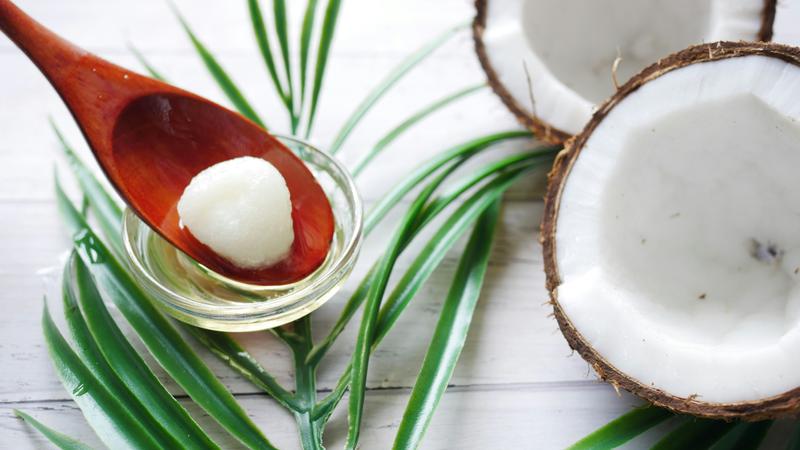Published 15:42 IST, February 10th 2024
Coconut Oil Vs Ghee: What Is Better For Your Health and Why?
Including a variety of fats in your diet, including coconut oil and ghee, can provide a balanced mix of nutrients and flavours to you.

Coconut oil and ghee, also called clarified butter are two popular cooking fats that have been used for centuries in various cuisines around the world. Both have distinct flavors, textures, and nutritional profiles, but which one is better for your health? Let's look at the differences between coconut oil and ghee to help you make an informed decision.
Coconut oil

Coconut oil is extracted from the kernel or meat of mature coconuts. It is rich in saturated fats, with over 90% of its fatty acids being saturated. However, the type of saturated fat in coconut oil is predominantly medium-chain triglycerides (MCTs), specifically lauric acid. MCTs are known for their quick absorption and metabolism in the body, making them a readily available source of energy. According to the Coconut Development Board, “A diet that consists of coconut oil with its MCTs (Medium Chain Triglycerides) ensures higher energy levels, a rise in metabolism and consequently, reduced body weight.”
One of the key benefits of coconut oil is its potential to boost heart health. Despite being high in saturated fat, studies have shown that the MCTs in coconut oil may increase levels of HDL (good) cholesterol and improve the ratio of HDL to LDL (bad) cholesterol, which can lower the risk of heart disease.
Ghee
Ghee is a type of clarified butter that originated in ancient India and has been a staple in Indian cooking for centuries. To make ghee, butter is simmered to remove water and milk solids, leaving behind a rich, golden fat with a nutty flavour. According to Ministry of Consumer Affairs, “Cow ghee is a carrier of fat-soluble vitamins including A, D, E and K, which our bodies need in very small quantities but can't make for themselves.”

Like coconut oil, ghee is high in saturated fat, but it also contains small amounts of monounsaturated and polyunsaturated fats. Ghee is a good source of fat-soluble vitamins like A, D, E, and K, as well as conjugated linoleic acid (CLA), a type of fatty acid with potential health benefits, including anti-inflammatory properties.
One of the advantages of ghee is its high smoke point, which makes it suitable for cooking at high temperatures without burning or producing harmful compounds. Additionally, the process of clarifying butter removes milk solids, making ghee suitable for individuals with lactose intolerance or dairy allergies.
Which is better for your health?
Both coconut oil and ghee can be part of a healthy diet when consumed in moderation. However, the choice between the two may depend on personal preference, dietary needs, and cooking preferences. If you're looking for a plant-based option with potential immune-boosting properties, coconut oil may be the better choice. On the other hand, if you prefer the rich flavour and higher smoke point of ghee, it can be a versatile cooking fat with added fat-soluble vitamins.
Updated 15:42 IST, February 10th 2024



